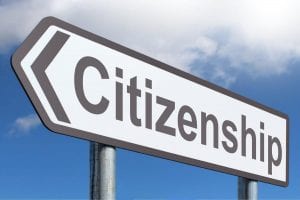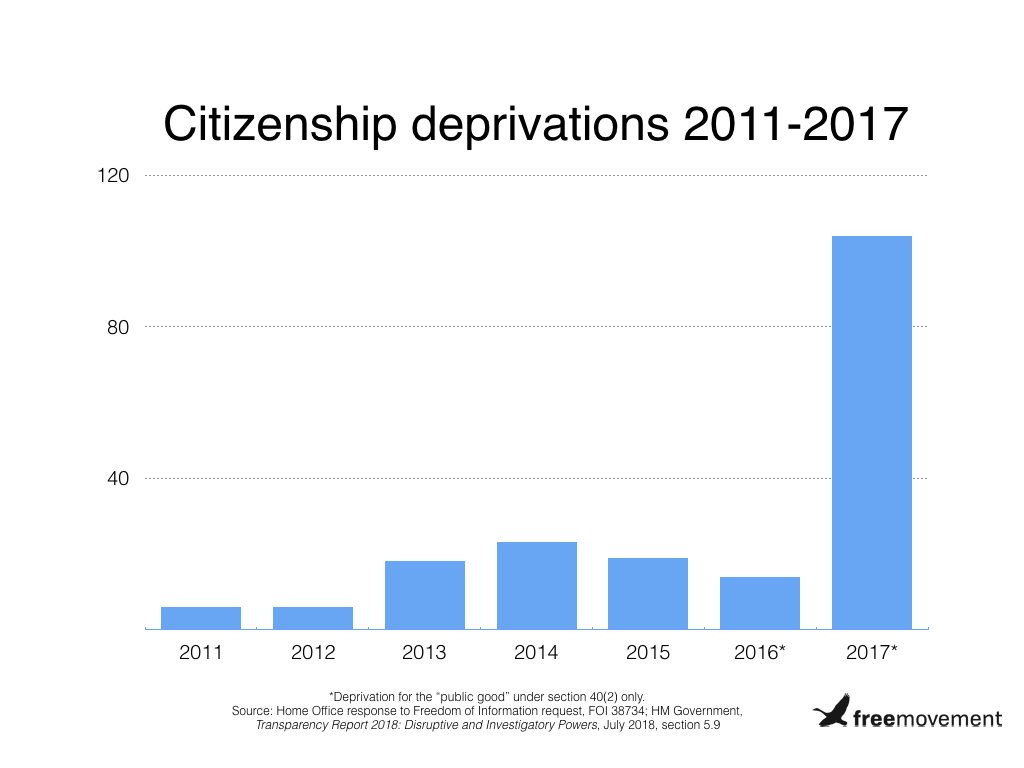By Dr Devyani Prabhat, Reader in Law (University of Bristol Law School)
 Sajiv Javid’s decision to revoke the citizenship of Shamima Begum, the 19-year-old from Bethnal Green who left to join Islamic State in 2015, has been met with mixed reaction. While some supported the home secretary’s decision, others have expressed concern about its implications.
Sajiv Javid’s decision to revoke the citizenship of Shamima Begum, the 19-year-old from Bethnal Green who left to join Islamic State in 2015, has been met with mixed reaction. While some supported the home secretary’s decision, others have expressed concern about its implications.
In these debates, there is much confusion about what cancellation of citizenship entails: whether this is just the cancellation of Begum’s passport, whether she is becoming stateless or whether she could be sent to Bangladesh because she comes from a family of Bangladeshi heritage.
In reality, cancellation of British citizenship means people can be left in limbo in war zones because they lose the right to re-enter the UK and to receive any diplomatic protection.
Begum’s case, while high profile, is not unique, and in 2017, there was a large spike in cases and the citizenship of 104 people was revoked on grounds where it was deemed “conducive to the public good”.
This article is republished from The Conversation under a Creative Commons license. Read the original article.


Before UK gov can revoke, or could have revoked Shamina’s citizenship – was it not the HM customs who let her through customs in 2015 even though she was underage and didn’t have her own passport so how come, as a minor, she was allowed to do that?
Secondly; as a UK citizen in a war zone when she did get there – is she not a victim of war, a refugee and having had 3 deaths (probably from forced sex with men suffering STD as many STDs cause birth weaknesses) of her babies – deeply traumatic, along the malnutrition she’s been through she needs UKs protection and support.
Is the fact that she has been expelled from the UK discrimination against this young troubled woman which will be fuel to the bigoted warmongerers on both sides.
It’s terribly misogynist too and a facile knee jerk reaction to vulnerable people caught up in propaganda and persuaded to leave their homes.
Please don’t let her be punished for being a silly girl.
it’s such an informative blog and very helpful. Thanks for sharing this with us.